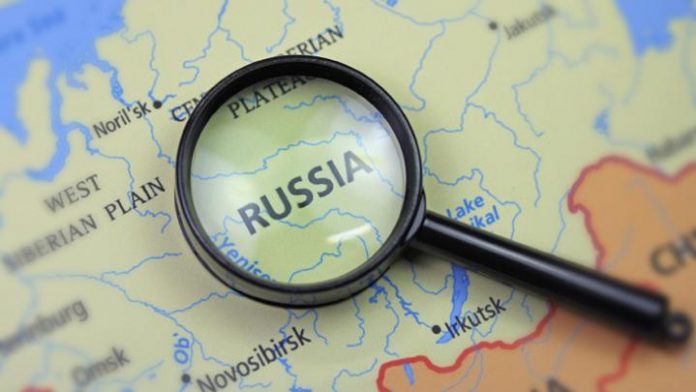To retain in Russia the money that Russians spend on treatment abroad, government is attracting international medical clinics to Moscow.
To retain in Russia the substantial amount of money that Russians spend each year on treatment abroad, the government is implementing plans to attract international medical clinics to Moscow. As part of this, foreign doctors will be able to work in Russia without a license from 2018. 20% of doctors are expected to be from overseas.
One estimate puts the number of Russians seeking treatment overseas at 200,000. But numbers are problematical due to overseas countries and hospitals mixing up genuine Russians with Russian speakers and/ or people from former USSR countries.
The new Moscow International Medical Cluster (MIMC) is part of the Skolkovo Innovation Centre, on the outskirts of Moscow and will open in early 2018.
The University of Pittsburgh Medical Centre (UPMC), has confirmed interest in opening a branch in MIMC. 20 clinics from Israel, the USA, South Korea, Japan, the U.K., Germany, Spain and Italy are in discussions on opening there too.
The monetary total of private medical care spent in the Russian Federation is estimated at more than $50 billion, which is why the Russian market has potential.
The Moscow government is investing $170 million in the project. The first clinic to open in MIMC will be a diagnostics centre and 11 other clinics and a hospital will open later. The overall cost of the cluster is $1.7 billion, out of which $1.5 billion will come from private investors.
MIMC has a unique legal status as new law on international medical clusters allows medical clinics from other countries to provide medical assistance on MIMC territory, as well as use their own medicine and equipment. Russian licenses and other official permission are not required if a foreign clinic has valid authorization in its home country.
OECD-registered licenses are acknowledged within MIMC without any extra licensing required: medical protocols, medicines, medical devices and certificates for medical, educational, R&D specialists.
Previously, the arrival of foreign clinics in Russia was prevented by the need to adapt to Russian standards and regulations. To work in Russia a foreign doctor had to certify his diploma according to national standards, then pass an examination on the Russian language and obtain authorization to start business activity in Russia.
MIMC plans to attract clinics specialising in fields that are less developed in Russia: oncology, cardiology, orthopaedics, rehabilitation, children’s diseases, and neurology.
Critics argue that most Russians, who go abroad to save money, and many locals, will be priced out of MIMC, as the high salaries that foreign specialists receive will bump up prices.








 ©2024 All rights reserved LaingBuisson
©2024 All rights reserved LaingBuisson 


